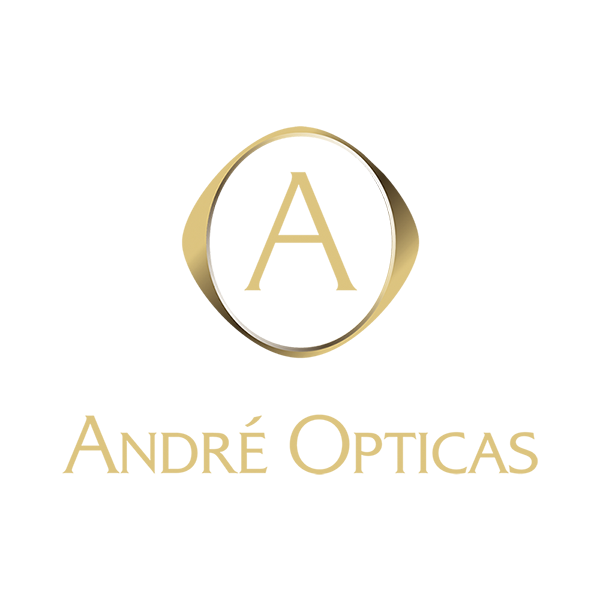EYEVAN started in 1972 with the concept of “wearable glasses” and expanded internationally in 1985. EYEVAN’s products have not faded to this day, and you can feel the high level of skill of the producers and craftsmen, as well as the imagination and strong enthusiasm of the design team at the time, in the products and hand-drawn drawings.
In 2013, after about 40 years, a new design team took over EYEVAN’s craftsmanship and created EYEVAN 7285, a collection that has given a new shape to the collection.
The design sources for EYEVAN 7285 are various objects such as old glasses, telescopes, hand mirrors, and other old tools collected by the first generation design team, as well as man-made objects such as buildings and natural objects that the designer himself saw.
They blend these vast design sources and incorporate them into products called eyeglasses. The temples are inspired from French forks manufactured in the 1940s, the metal frame incorporates the structure of eye test frames from the 1970s, and the hardware feature patterns inspired by the arabesque patterns of old Japanese temples. It is the embodiment of an idea.
In addition, EYEVAN 7285 products are created using a complex production process that combines the manual work of skilled eyeglass craftsmen in Sabae City, Fukui Prefecture, one of the world’s top eyeglass production areas, and machine-made using the latest machinery. Glasses, which are created by combining traditional manufacturing methods and new manufacturing methods, often have simple and casual designs at first glance, but the details are extremely skillful, and the process is carried out by hand by a limited number of artisans with particularly high skills in Sabae. accounts for the majority. The glasses, which take time and care to create through approximately 400 steps, are more like modern crafts than industrial products.

Sem comentários